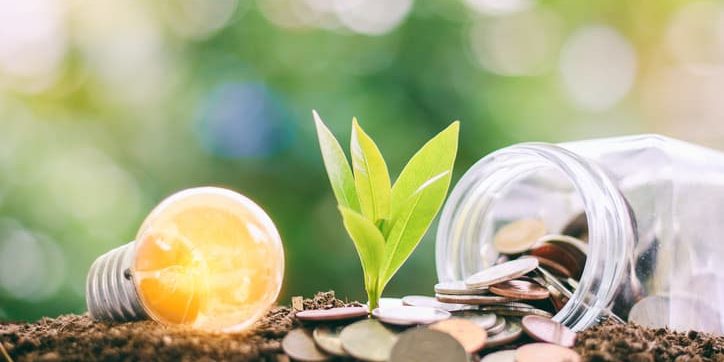
It’s more important than ever to reduce the amount of energy we use to help curb the impact on our environment. With a few easy adjustments, you can make a big difference at home.
Change Your Daily Habits
Reducing energy consumption in your home can be as simple as turning off lights or appliances when you do not need them. You can also use high energy using appliances less by performing household tasks manually, such as hanging your clothes to dry instead of always putting them in the dryer or washing dishes by hand. During warmer months, close your blinds, shades, and drapes to help keep your home’s temperature cooler. Open shades during cooler months to let the sun warm your home. Always use the cold water faucet, unless you really want hot water. Turning on the hot water faucet or moving the faucet lever to hot requires energy to heat the water, even if it doesn’t reach the faucet before you turn it off.
Wash Your Clothes In Cold Water
90% of the energy used to wash your clothes is used in just heating the water! Cold water is just as effective for getting clothes clean with today’s high-efficiency washers and cold water formulated detergents.
Use a Smart Thermostat
A programmable or smart thermostat can be set to automatically turn off or reduce heating and cooling during the times when you are asleep or away. When you install a programmable thermostat, you can eliminate wasteful energy use from heating and cooling without sacrificing comfort. On average, a programmable thermostat can save you $180 per year. Programmable thermostats come in different models that can be set to fit your family’s schedule.
Switch to LED lightbulbs
Traditional incandescent lightbulbs consume an excessive amount of electricity and must be replaced more often than their energy efficient alternatives. Halogen incandescent bulbs, compact fluorescent lights (CFLs), and light-emitting diode bulbs (LEDs) use anywhere from 25 to 80% less electricity and last three to 25 times longer than traditional bulbs. Although energy efficient bulbs are initially more expensive to purchase, their efficient energy use and longer service lives mean that they cost less in the long run, and help your home and the planet at the same time.







